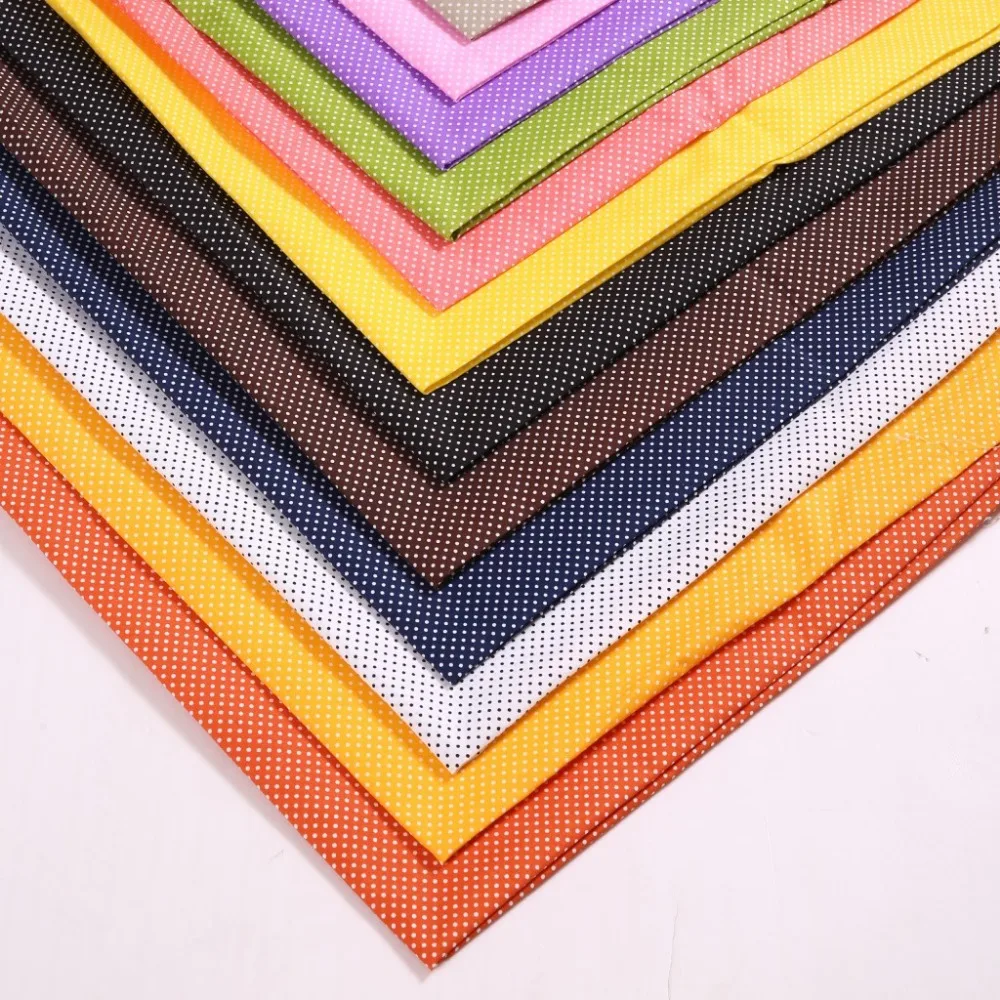Formidable Info About How To Clean Polyester Fabric

Follow the tips and guidelines for.
How to clean polyester fabric. 1 decipher the couch tag. Polyester fiber is synthetic fabric that can mimic the appearance of more expensive materials, such as suede or silk. Stay away from heat.
Use a dry brush to gently agitate the material and manually unbind dirt from the polyester. Polyester couches should have a tag, usually found somewhere underneath the cushions. Fill a spray bottle with the mixture of 1 part lemon juice and 2 parts water.
Fill a basin or sink with lukewarm water: Mild dish soap, hydrogen peroxide, and vinegar can often lift fresh stains from polyester.
100% polyester cleaning tips are following: Cotton is durable, but it can shrink when it’s exposed. Machines can be a little rough on polyester, especially if blended with a delicate fabric.
The most secure method of caring for polyester clothing is hand washing. Expert techniques to rejuvenate and maintain polyester couches. By following a few key polyester washing instructions, you can ensure that your polyester clothes and blankets stay clean and in good condition.
Cleaning a fresh spot cleaning a fresh liquid spot on your sofa is easier. Turn the fabric inside out. Place it at the spot, press it gently, in a way that you are.
Routine cleaning mjth/shutterstock one of the best ways to keep your polyester furniture looking and functioning great is by cleaning it on a regular basis. But read on for a. Start by filling a basin or sink with enough lukewarm water to fully submerge the polyester item.
All you need is a towel or dry cloth. If you’re short on time, here’s a quick answer: The tag will have one of the following letters.
Simply spray onto the desired smelly area of your couch and let the power of lemon do. Deep cleaning a polyester couch demands meticulous attention, and choosing the correct cleaning method is crucial. Using water and vinegar using black diamond using baking soda routine cleaning of polyester upholstery how to remove common stains on polyester.
Textile production is estimated to be responsible for about 20% of global clean water pollution from dyeing and finishing products.

![How To Waterproof Polyester Fabric? [Procedure, Time & Cost]](https://waterproofguide.com/wp-content/uploads/2022/01/1.-Waterproof-polyester-fabric-Using-waterproof-spray-and-seam-sealer.jpg)

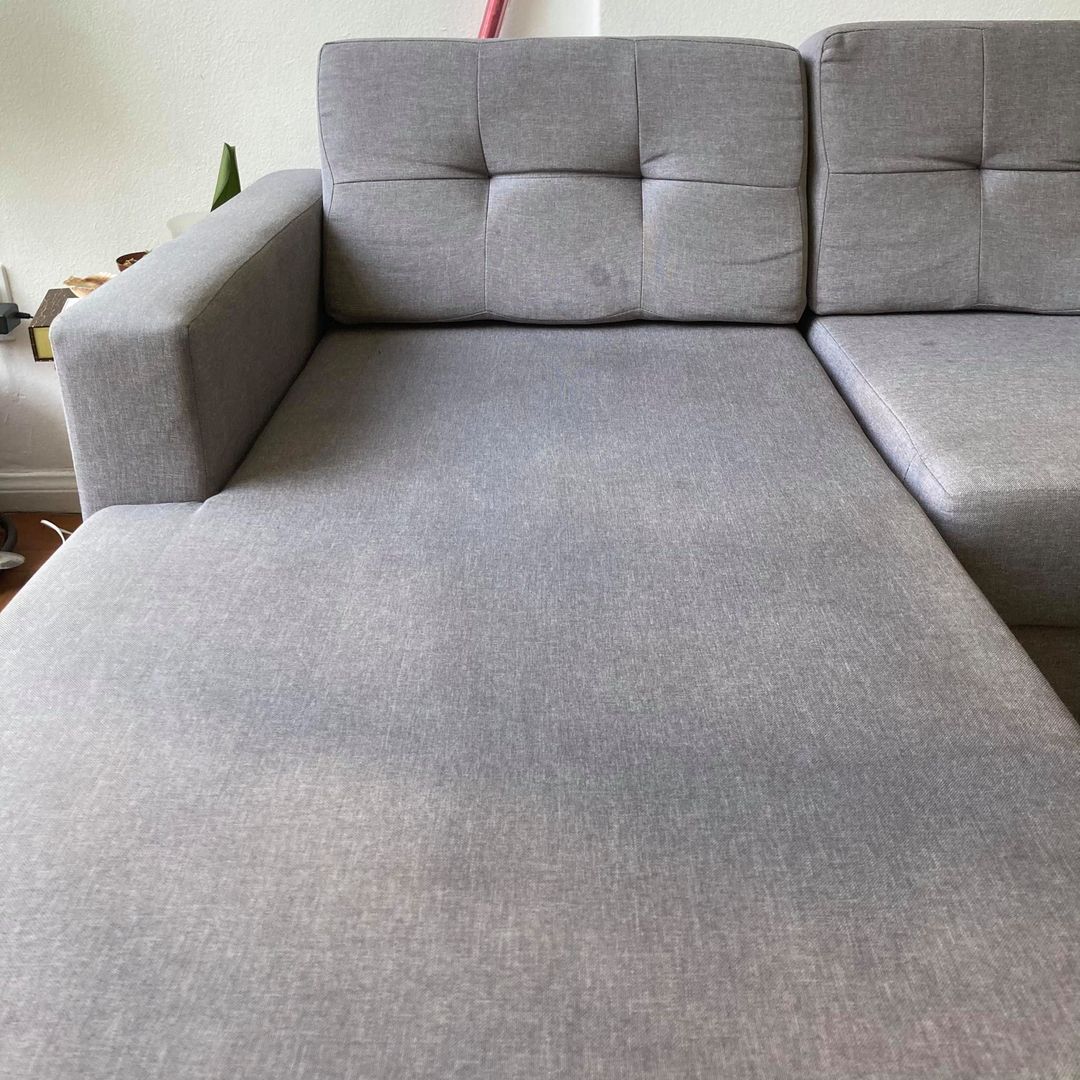
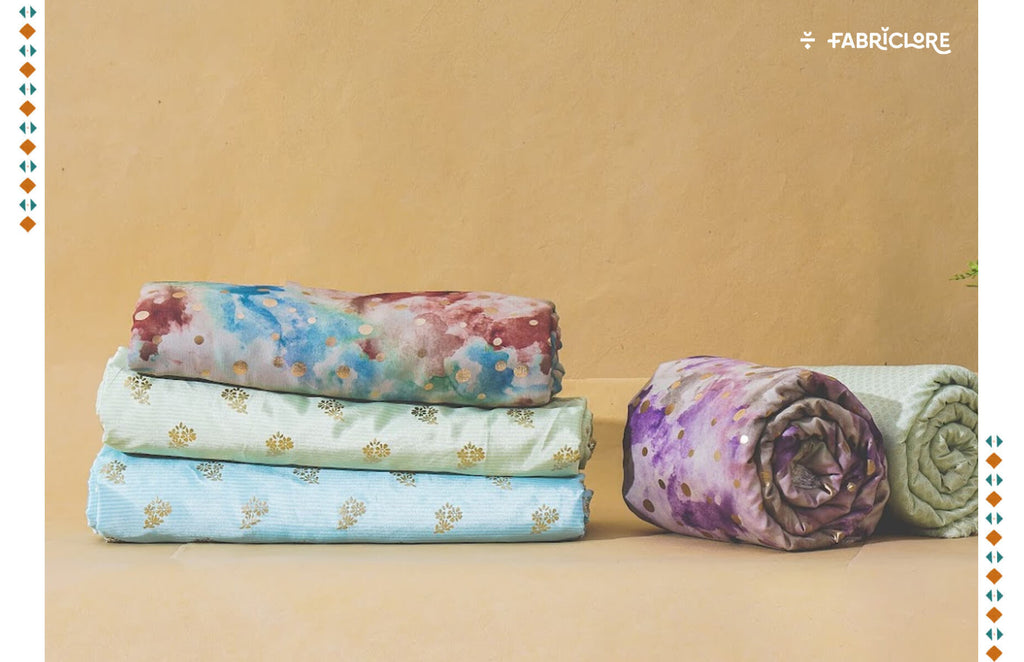
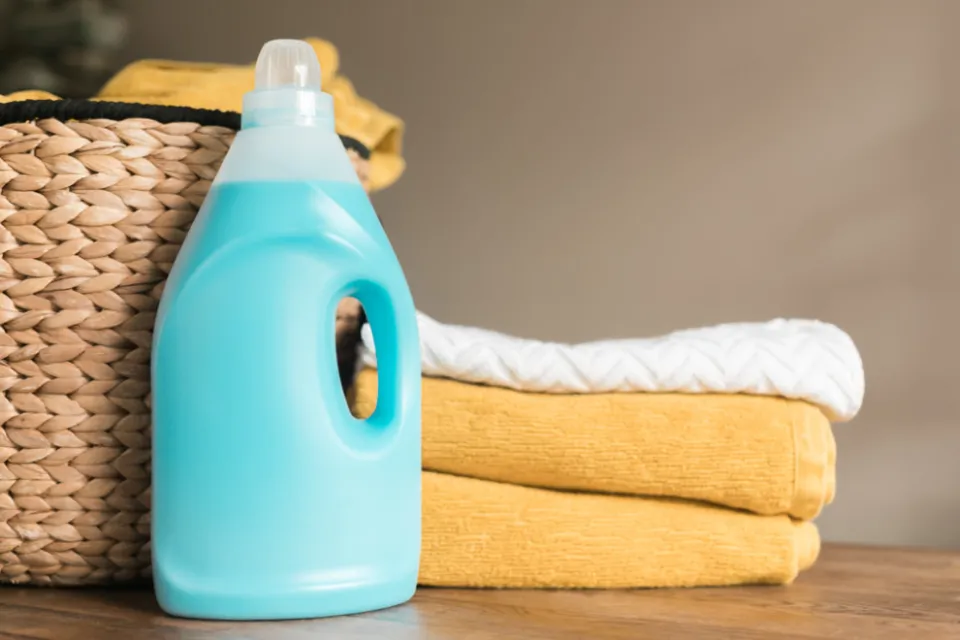



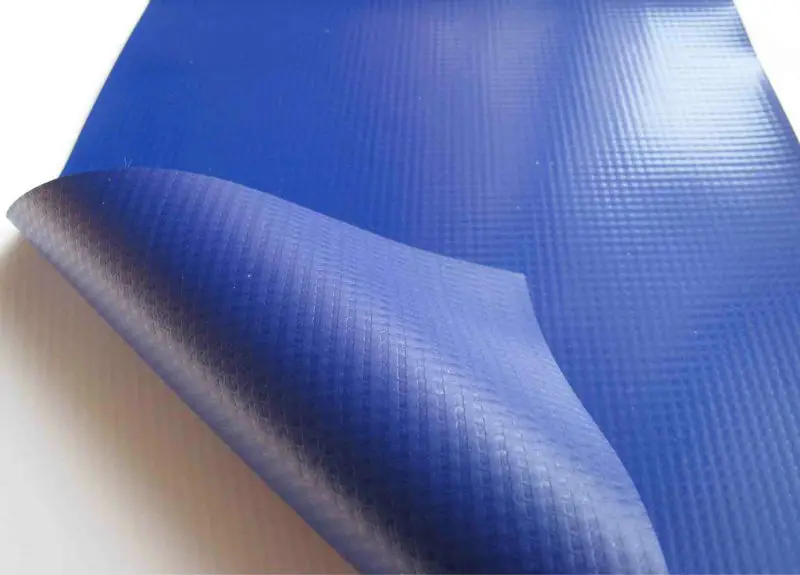

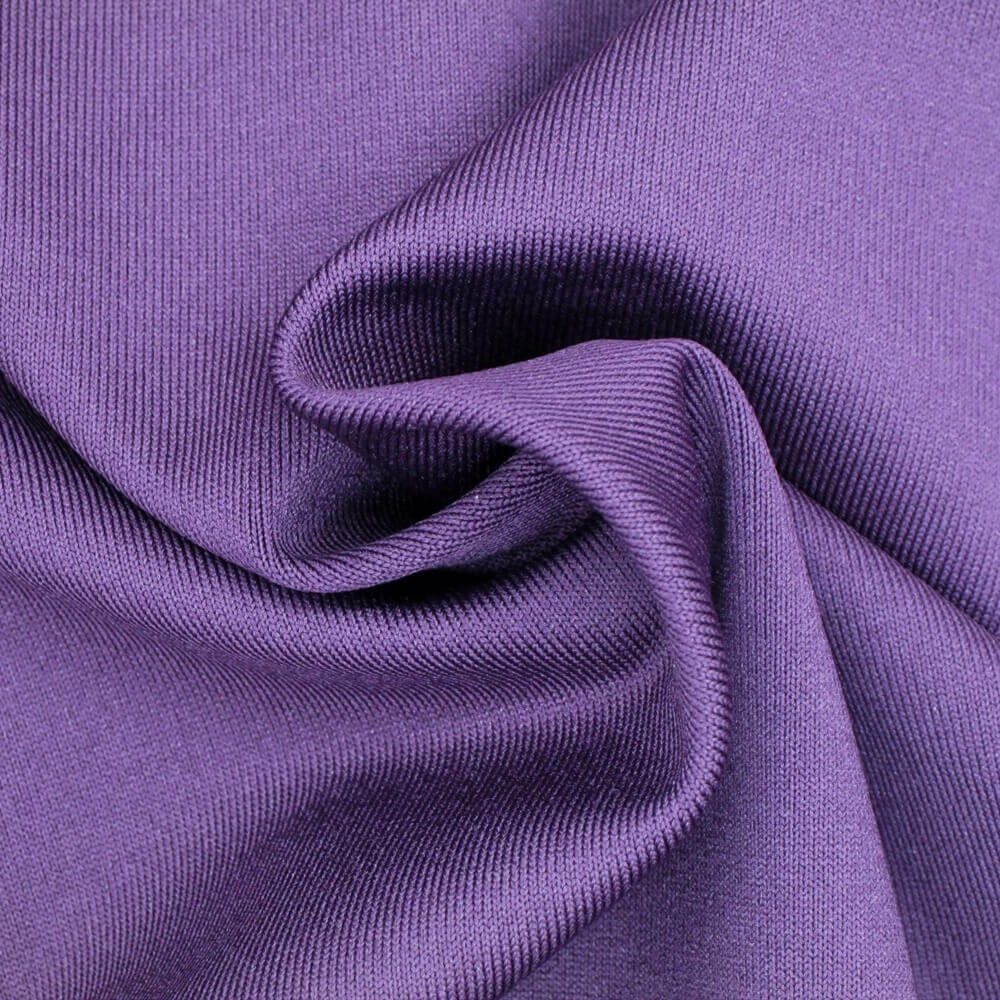


/GettyImages-185317059-5797a49d5f9b58461f279fd5.jpg)
